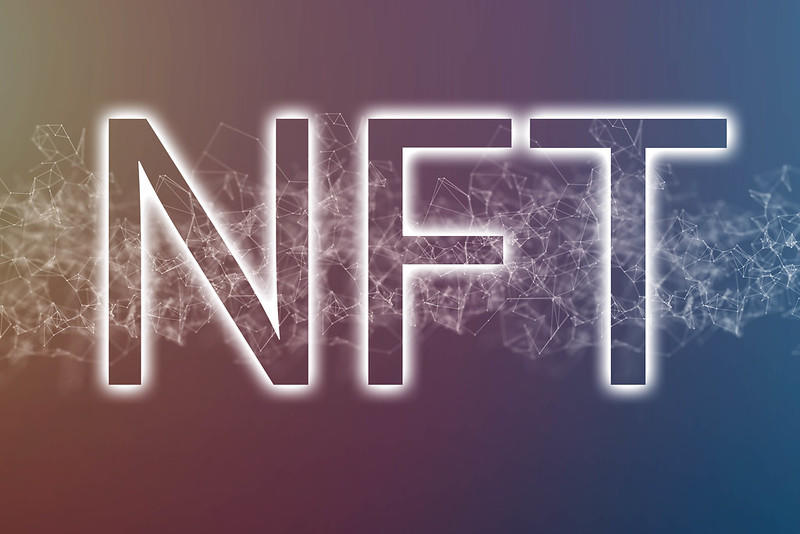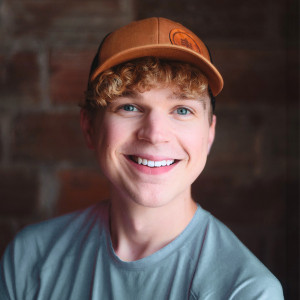It is estimated that the trading of Non-Fungible Tokens (NFTs) spiked with a massive 21 000% growth in 2021. According to CNBC, over $5.4 billion profits were generated through token sales in 2021. If you ever had an interest in digital art, this is the time to consider joining this movement.
But where can you learn how to become good at trading non-fungible tokens or developing NFTs?
If you browse around some of the NFT marketplaces you’ll see that accessibility and the creation of NFTs are fairly easy on most platforms, but there’s quite a bit to know before you’ll be able to really master it or become successful enough to make a living from your NFT development solutions or trade.
Let’s look at some of the learning platforms that offer NFT development and how to choose a study path related to NFT development that suits your career ambitions.

Knowing the Basics
Non-fungible tokens (NFTs) create scarcity in the world of digital art. An artwork is certified as unique through creating a record of the transaction on each block along the blockchain used for minting. It provides a certificate of ownership as proof and ensures that the asset created is non-fungible.
Non-fungible meaning: Fungibility means you can exchange something for similar units, like trading bitcoin with Ethereum. Non-fungible thus means something cannot be traded or exchanged for something of the same value and it is a unique digital token.
You might choose to create, develop and sell digital art on an NFT marketplace, or become a trader of NFT art where you speculate or collect some rare digital tokens. Each artwork that enters the NFT marketplace gets minted through an NFT development process where it is endorsed and verified as unique.
NFTs were enabled through the application and use of blockchain and cryptocurrency technologies. Without blockchain technology, you won’t be able to create a smart contract needed for NFT development, and to participate in the market you’ll have to create a crypto wallet; either to buy assets with a currency like Ethereum or to accept proceeds of a NFT sale to your wallet.
An NFT is a one-of-a-kind asset that will always only live in the digital world.
If all of this sounds very strange and unfamiliar, we recommend you research blockchain technology, cryptocurrency and NFTs a bit more on the internet. Many platforms and websites make it very easy to understand and there are also FAQs on most NFT marketplaces that will explain how you can use their platforms to create and list your NFTs, connect your crypto-wallet and how fees related to their development services will work — this includes minting, smart contracts or token development.
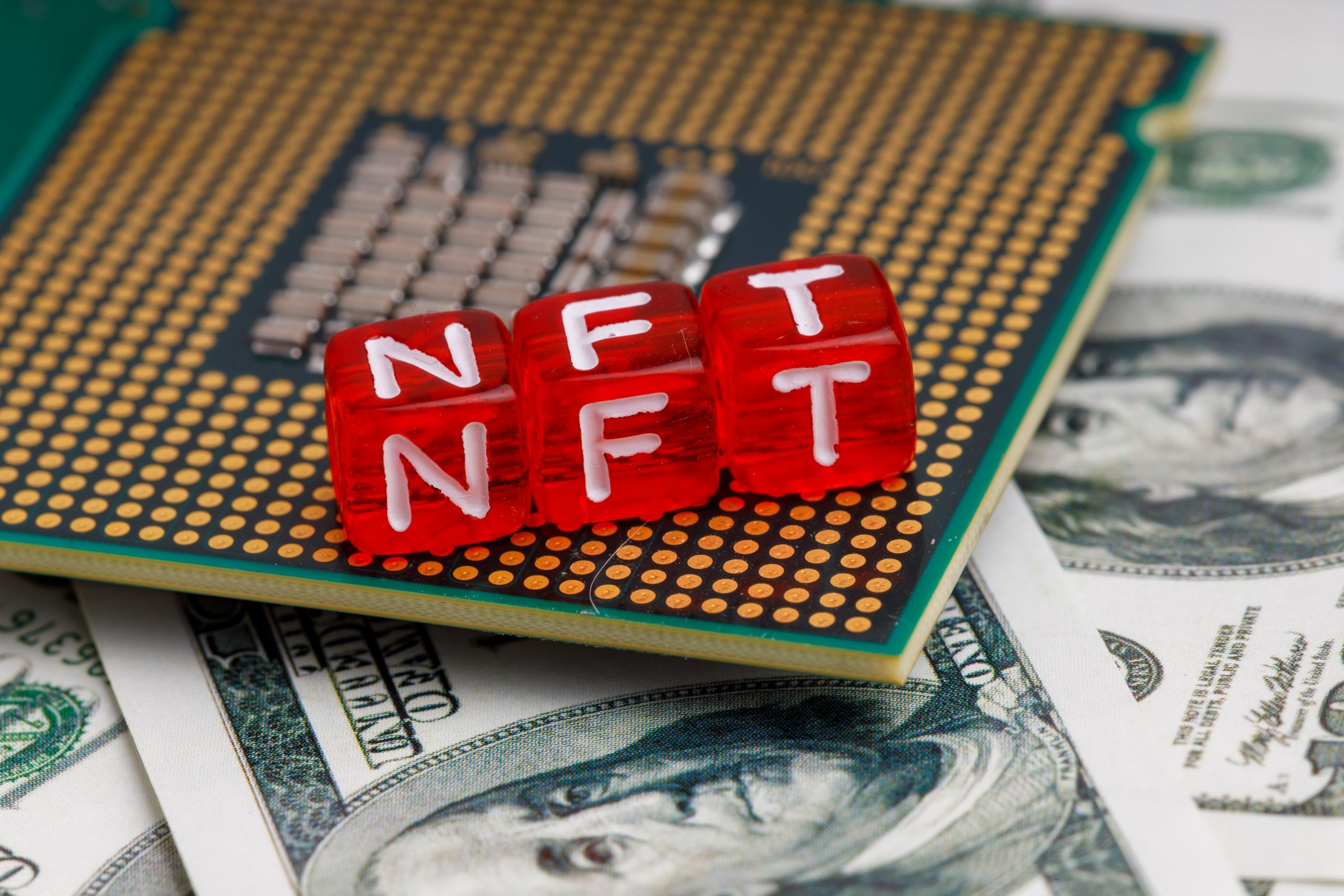
The Skills Required to Develop Non-Fungible Tokens
Identifying NFTs that will grow to be popular or scooping up an NFT just before the collection takes off to rake in massive profits, can be tricky.
You have to have the right timing and be armed with experience in the marketplace.
Most people who trade in NFTs understand that community is an integral part of staying informed, but they also have skills and qualities that make them better at identifying winning art pieces early enough.
Like investing in real world art or on the stock exchange, to become an NFT expert you’ll have to gain the ability to analyse trends and incorporate that with your historical industry knowledge, current world events and overall risk factor analysis to seek out items and art that buyers and collectors would be interested in.
Those who are good at trading NFTs have a passion and real interest in it and its connected technologies.
The NFT community thrives on learning.
They follow relevant influencers, subscribe to blogs, look out for new and upcoming artists or development studios, and they will study as much as they can because they are driven by a love for the NFT world and all things blockchain.
NFT artists don’t necessarily have to use and understand code to create artwork.
They can be students of fine arts, graphic artists, videographers, or simply talented individuals. There are also different types of NFTs: JPEGs, GIFs, videos, audio and memes can all become NFTs, as long as they are original work and can be digitised.
Do you think you can create something that’s unique, can be digitised and would interest the crypto community?
Avatars tend to be popular and the gaming industry was a spark that enabled the growth in the NFT marketplace. In some games you can buy and trade avatars, accessorise them with exclusive items, and buy real estate in the metaverse.
NFT development is a movement that has also made artists out of developers and coders.
NFT buyers may be artists by trade or collectors. The audience with the most transactions are the early adopters, where the majority of them are aged between 18 and 24 according to Colormatics.
This generation learns and discovers in different ways to older generations. They have an affinity for technology and will find new ways and platforms to achieve the things they would wish to, like NFT development.
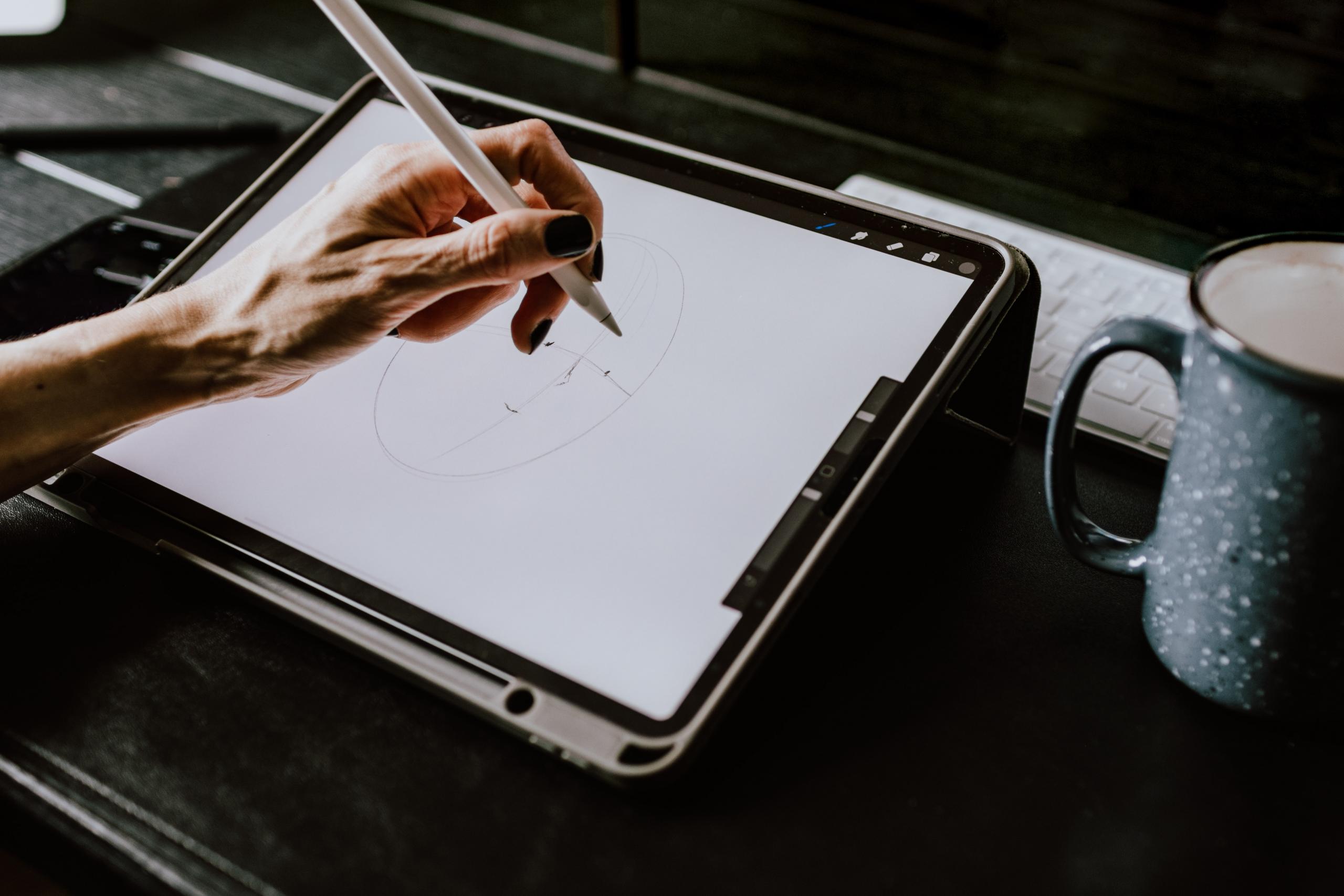
Where and How to Study NFTs?
The industry is still in its infancy, which means that there are almost no formal qualifications that specialise in NFT development and trading.
Most people who are into NFTs developed an interest due to their general support of blockchain technology, cryptocurrencies and the overall ethos of the crypto community. Once you dive into these technologies, your passions will steer you in the right direction.
You might set out to become an NFT trader, but end up learning code or creating your own NFT.
Blockchain and NFT development are fairly new concepts, and most of the current creators and traders didn’t study these topics formally. They did extensive research into the development of NFTs, found the right marketplace, then created or started selling it.
Formal institutions and universities only offer degrees in Engineering Sciences or Information and Communications Technologies (ICT), and if you are set on a career in technology we recommend looking at universities like UCT (University of Cape Town), UJ (University of Johannesburg) or UP (University of Pretoria).
The secret is studying something that will give you solid, transferrable skills in technology that extend beyond the world of NFT before becoming a specialist in it. As example; you can study to become a developer, programmer or coder. That in itself is a completely different study path, but it will give you skills and knowledge that are relevant to the blockchain field.
Courses and qualifications in artificial intelligence, computer engineering, and blockchain development usually give you skills that extend way beyond NFT development and are probably a more stable investment for any beginner.
Online studies are another great option for those who want to study at home and learn at their own pace. Udemy offers courses to give you the required knowledge to get started in NFT, while MOOCs like Coursera or EdX offer degrees and accredited programmes in Engineering Sciences by international universities.
Skillshare is an example of a resource on the internet with videos on almost every topic related to NFT. It is a membership platform and they generally accept that people know a bit before signing up, but a good example of how you become more involved in the community when you dive into the world of NFT development.
Some freelance coders, NFT traders and NFT development companies also offer new courses and professional certificates. Many of these are centred around blockchain development and their learners generally trust the reputation of the course presenter or platform before enrolling.
You’ll find that many professionals offer their development services to others or dabble in NFT trading as a side hustle. NFT developers and Engineers could thus also work on a freelance basis, but you’ll have to ensure you know quite a bit about cryptography, web development, token familiarity (Like ERC-721 for Ethereum) or solidity development.
| The best NFT courses include: |
|---|
| - An overview of blockchain and cryptocurrency |
| - An explanation of ERC-721 |
| - NFT marketplaces and smart contracts |
| - How to mint NFTs |
| - How to avoid NFT and cryptocurrency scams. |
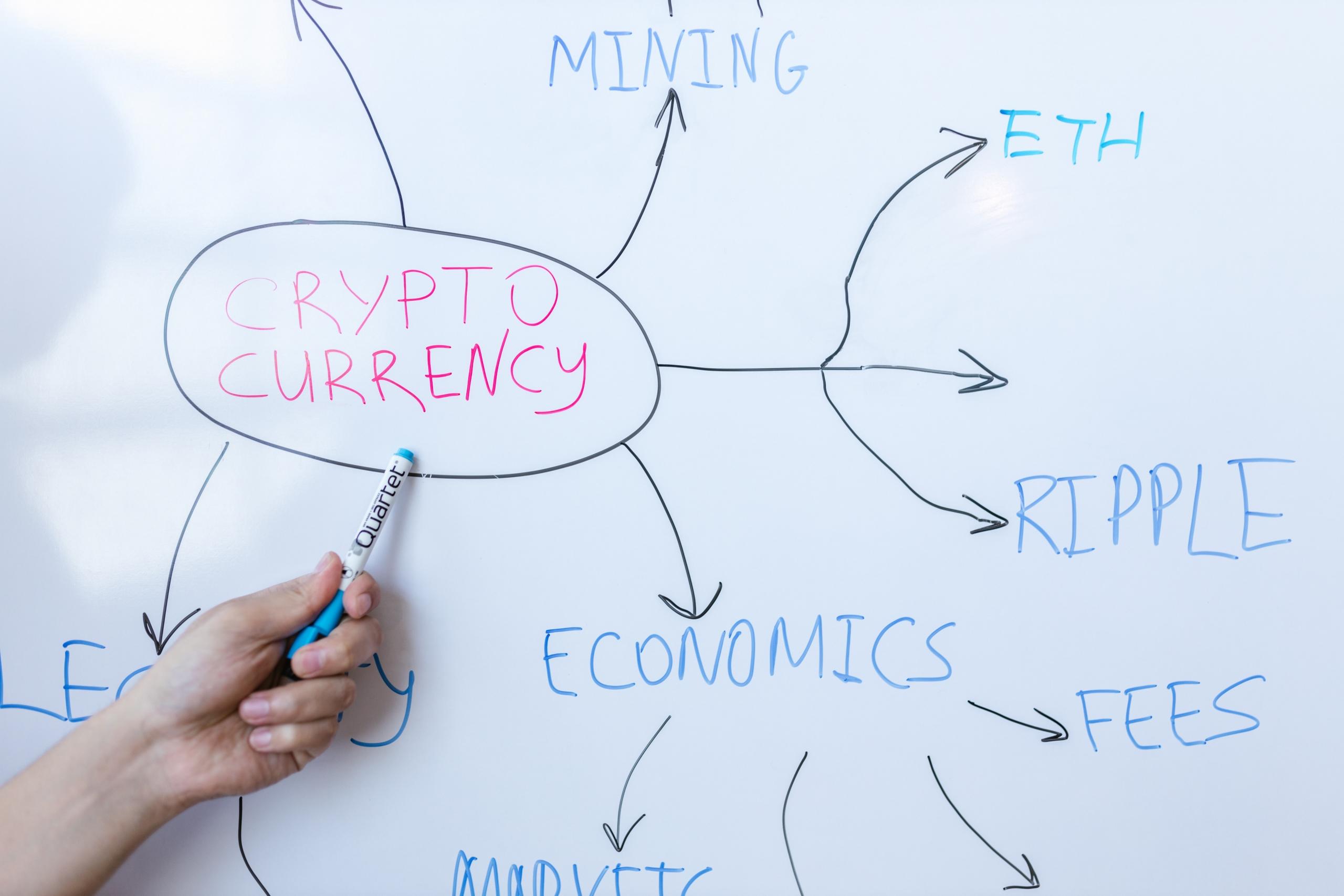
In Closing: Tips to Become Good at NFT
If you want to follow the path of the pioneers in NFT development, then the best way would be to jump in and get your hands dirty. Here are a couple of tips to ensure you set yourself up for success.
- Spot the trends - You need to be on top of the NFT market to spot trends and make predictions.
- Find the right marketplace – Start trading at a reputable marketplaces like OpenSea. Marketing your assets on the platforms your audiences are using brings you closer to transactions.
- Become part of the community - Engage as much as possible with the community. Not only will you network for better business opportunities, you'll also learn to understand them, hear about upcoming art or trends and get to sell your other professional services.
- Stay hungry about learning - Be sure you know the basics to easily converse with your network. You have to know things like Binance, OpenSea and SuperRare are some of the most well-known NFT marketplaces, that CryptoPunks can sell for between $1million and $2 million each and that Ethereum (ETH) is the most popular blockchain used for the development of NFTs.
- The sooner you get involved the better - Even if you start small, like getting into property market it'll only get harder once NFTs go mainstream. Some feel it’s too late, but those who actively engage in transactions will say that it will become stronger in 2022.
- Follow NFT, crypto and blockchain influencers - Spend time to find the information and users you need to build a network. Twitter and YouTube have some very active users who already know the market and how NFTs work.
Ready to develop your own NFT?
Summarise with AI:

